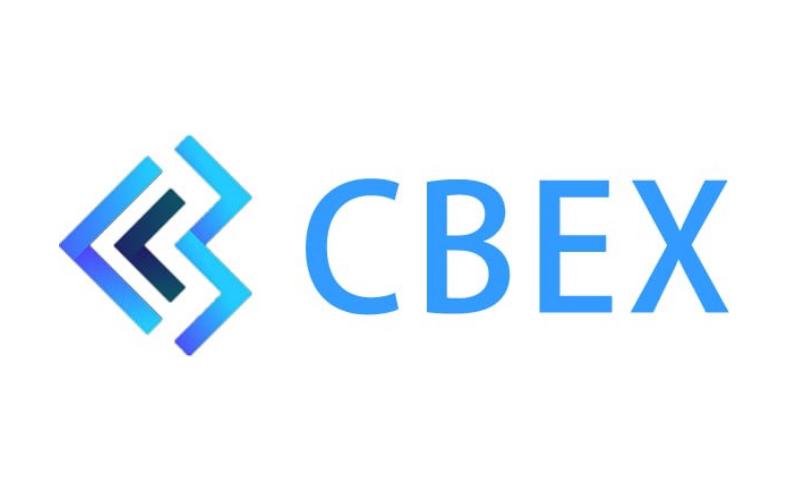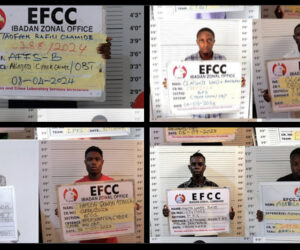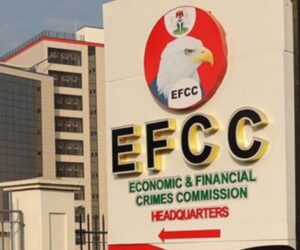The Economic and Financial Crimes Commission (EFCC) has invited victims of the alleged fraudulent Crypto Bridge Exchange (CBEX) to its Ibadan and Lagos 2 Zonal Directorates to assist in the “ongoing investigation” of some suspects.
Specifically invited are individuals who invested funds through persons linked to the CBEX offices in Ibadan, the Oyo State capital, and Idimu, Lagos.
The concerned victims were urged to visit EFCC offices at 16A, Reverend Oyebode Crescent, Iyaganku, Ibadan, Oyo State, and 7A, Okotie-Eboh Street, Ikoyi, Lagos.
The commission made call in a statement shared on its X handle on Friday and signed by EFCC Head, Media and Publicity, Dele Oyewale.
The EFCC said CBEX led to “serious financial losses to Nigerians who invested their funds with a promise of unrealistic returns on investment.”
It said it is currently prosecuting three suspects, “Adefowora Abiodun Olanipekun, Otorudo Avwerosuo and Justice Ehirim Chukwuebuka, over their “alleged involvement in the fraudulent online cryptocurrency trading platform called CBEX.”
Messrs Otorudo and Ehirim were arraigned by the EFCC on 7 July before Judge Mohammed Umar of the Federal High Court in Abuja. An online report showed they were later granted bail in the sum of N10 million each, with two sureties in like sum.
Mr Olanipekun, alongside his company, ST Technologies International Limited, was also arraigned on 18 July before the same court.
In one of the charges, the EFCC alleged that between January 2024 and May 2025, the defendants invited members of the public to deposit money for a fixed term or payable on call through CBEX, promising up to 88 per cent return on investment without obtaining written consent from the Securities and Exchange Commission.
They allegedly violate Section 1 of the Investment and Securities Act, 2025, and are punishable under Section 96(5) of the same Act. The suspects have pleaded not guilty to the offences.
The EFCC, in its statement, urged victims who invested funds through individuals linked to the CBEX offices mentioned in this report to come forward to assist the Commission in the investigation.
How it started
CBEX, which launched in July 2024, lured thousands of Nigerians with promises of high returns on cryptocurrency investments. By April 2025, users began reporting failed withdrawals and lost funds, sparking outrage across social media.
The Securities and Exchange Commission (SEC) later declared the platform illegal and unregistered.
In April, the EFCC declared eight individuals wanted in connection with the scheme, including four Nigerians and four foreign nationals. Investigations led by the EFCC’s cybercrime section revealed that investors were instructed to deposit USDT, a stablecoin, into wallets controlled by the suspects.
The total deposits reportedly exceeded $1 billion before the platform collapsed under the weight of its promises.
In late April, Judge Emeka Nwite granted the EFCC’s application to arrest and detain six suspected operators of the Ponzi scheme: Adefowora Abiodun, Adefowora Oluwanisola, Emmanuel Uko, Seyi Oloyede, Awerosuo Otorudo and Chukwuebuka Ehirim, pending the conclusion of investigations.










